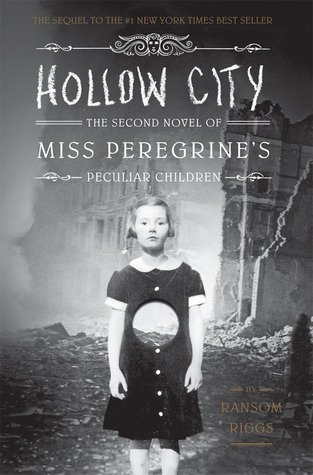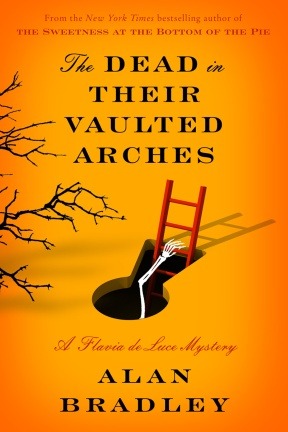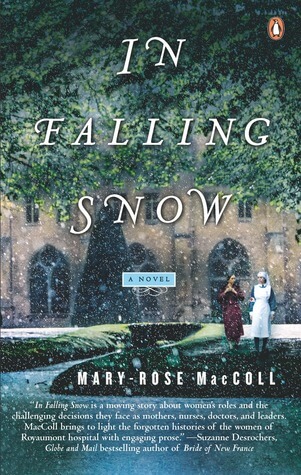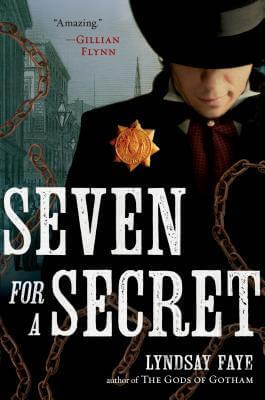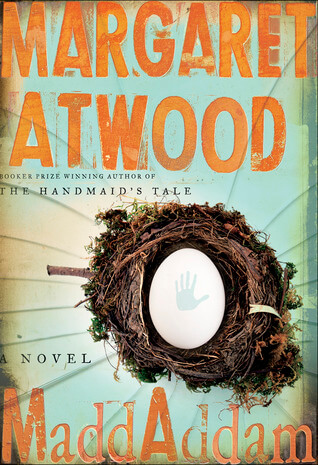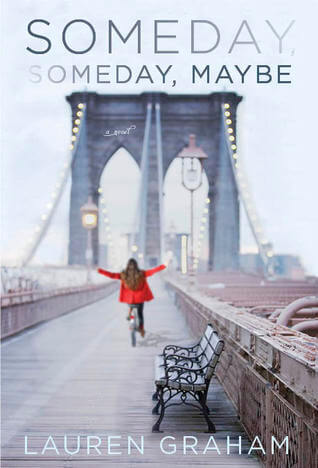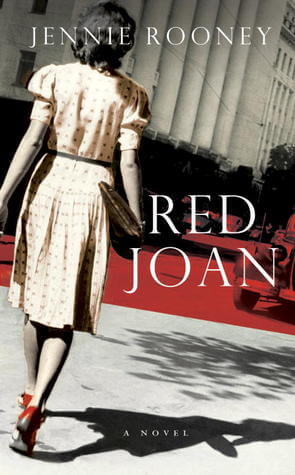What can you say about a girl with a hole through her middle, or a boy with bees living in his stomach? Or immortal pigeons and impossible creatures? They’re pretty peculiar. In Hollow City, Ransom Riggs’ sequel to Miss Peregrine’s Home for Peculiar Children, Jacob Portman also calls them his friends. Jacob is Peculiar too.
“Enoch elbowed Horace. ‘What’s the matter with you?’ Enoch taunted. ‘Here’s your big chance to stay behind.’
‘I want to go adventuring, I really and truly do,’ Horace insisted. But I should also like to see my 105th birthday, if at all possible. Promise we won’t try to save the whole blasted world?’
‘We just want to save Miss P,’ said Emma, ‘but I make no guarantees about anyone’s birthday.'”
– Hollow City, Ransom Riggs
What can you say about a girl with a hole through her middle, or a boy with bees living in his stomach? Or immortal pigeons and impossible creatures? They’re pretty peculiar. In Hollow City, Ransom Riggs’s sequel to Miss Peregrine’s Home for Peculiar Children, Jacob Portman also calls them his friends. Jacob is Peculiar too. His particular talent is for seeing the monsters, particularly wights and hollowgast, that stalk the Peculiar children for unknown but undoubtedly sinister reasons. And when last we left them, they were on the run from their time loop haven in 1940 after rescuing their ymbryne, or bird-shapeshifting protector, Miss Peregrine from evil hollow clutches.
And the fact that Jacob is from our present, trapped in the wartorn British 1940 countryside, is the least of his worries. The hollowgast are on the Peculiar Children’s trail, and Miss Peregrine is injured and unable to escape her bird form. Worse, the other Peculiar havens have been destroyed, their ymbrynes kidnapped. If this seems like a lot to catch up on, it is: you don’t want to pick up Hollow City without having read the first volume of Miss Peregrine adventures.

